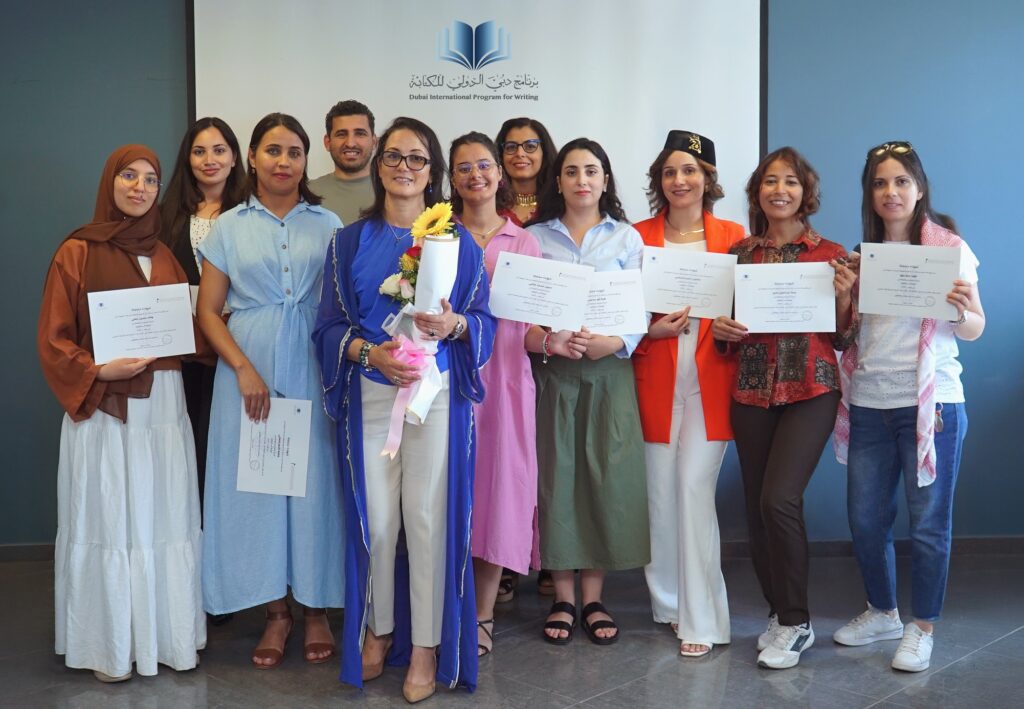The Mohammed bin Rashid Al Maktoum Knowledge Foundation (MBRF) has brought its latest ‘Children’s Literature Workshop’ to a successful close in Tunisia. Held as part of the Dubai International Programme for Writing (DIPW), the workshop took place in Tunis over a four-month period and was facilitated by children’s literature expert Dr Wafa Thabet Mezghani.
Writers from a range of backgrounds joined the initiative, drawn by a shared enthusiasm for crafting stories for younger audiences. Participants took part in hands-on sessions covering creative processes, collaborative critique, and iterative feedback. Under professional mentorship, they developed their stories from initial concept through to completion, ready for eventual publication.
His Excellency Jamal Bin Huwaireb, CEO of MBRF, said, “The initiatives of DIPW reflect the Foundation’s core mission of supporting intellectual and creative growth across the Arab world. The ‘Children’s Literature Workshop’ demonstrates our strong belief in the value of investing in emerging talent and equipping them with the skills necessary to excel in specialised writing. Such efforts are vital to building knowledge-driven Arab societies that are ready to meet future demands. We remain committed to developing innovative programmes that empower youth and make a meaningful contribution to both the local and global literary and knowledge landscape.”
Consisting of four intensive, in-person training rounds lasting over three days each, the workshop combined literary theory with practical guidance. Writers explored a wide range of subjects including the evolution of Arabic children’s literature, genre categorisation, writing for different age brackets, and creative planning. Core writing skills such as setting, characterisation, and voice were also addressed, alongside editing techniques, title creation, branding, and publishing know-how.
This marks the second time DIPW has delivered the workshop in Tunisia and the third in North Africa. In addition to in-person training, participants received remote coaching through manuscript reviews and editing support. This hybrid format allowed for high-quality mentorship that ensured stories were refined to meet both regional and international literary standards.

